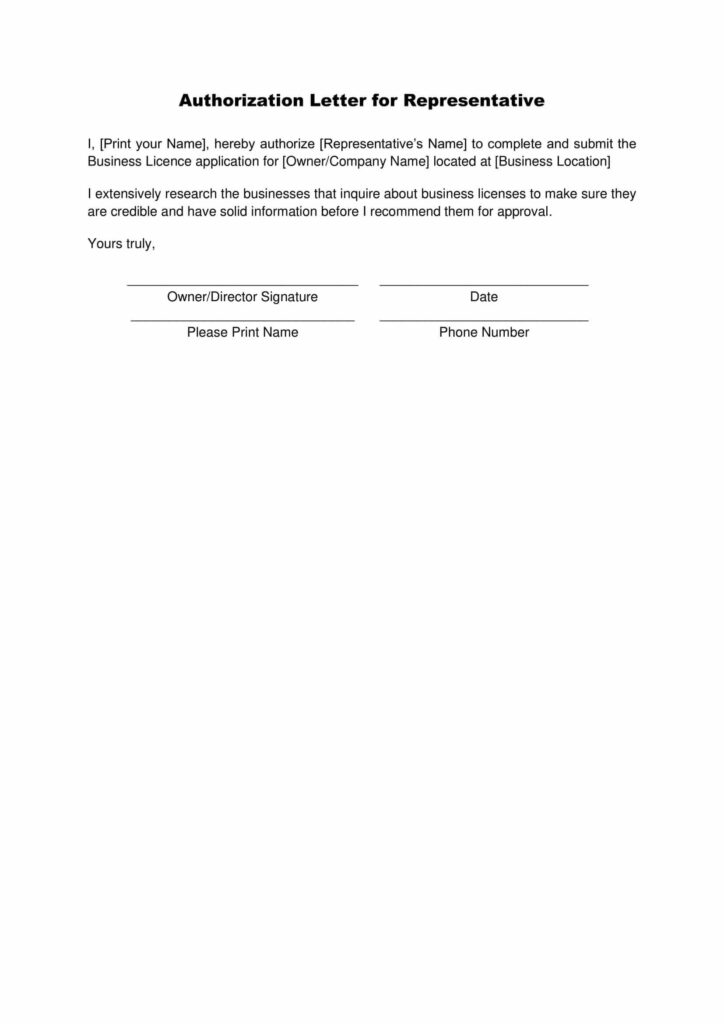You may need permission for someone else to represent you in a legal or financial matter. This is typically done through an authorization letter, which gives the representative the permission they need to act on your behalf. This article will provide a template for an authorization letter and tips on writing one.
When Would You Need an Authorization Letter?
Table of Contents
Below are the reasons why you need to write an authorization letter.
For example, you may need to authorize someone to:
- Withdraw money from your bank account
- Act as your representative at a meeting
- Collect a package or other item on your behalf
- Make medical decisions for you if you are unable to do so yourself
- Handle a real estate transaction
- Sign documents on your behalf
An authorization letter may be right for you if you find yourself in any of these situations.
What to Include of an Authorization Letter?
An authorization letter should include the following elements:
- Name and contact details of the person who is granting authority.
- Name and contact details of the person who is being authorized.
- A clear and concise statement of what the authorized person is allowed to do.
- Name of any individual or organizations that the authorized person will be dealing with on your behalf (if applicable).
Once you’ve included all this information, sign and date the letter; remember that this isn’t a legal document, so there’s no need to have it notarized. However, keeping a copy of the letter for your records is always a good idea.
Tips for Writing an Authorization Letter
Here are the tips you need to remember when writing an authorization letter:
- Be Clear and Concise
Your goal with this letter is to give the authorized person as much detail as possible while keeping the letter short and easy to read. Ensure you are explicit about tasks the authorized person is allowed to perform. This will help minimize misunderstandings later on.
- Use Simple Language
This isn’t a legal document, so there’s no need to use complicated language or jargon. Stick to simple words and phrases that can be easily understood by everyone involved.
- Get Everything in Writing
Whenever possible, it’s always best to put everything in writing. That way, there’s no confusion about what was said or agreed upon later on down the line. An authorization letter provides written proof of the arrangement between you and the authorized person, which can come in handy if any problems arise later.
Conclusion:
An authorization letter is a document that grants another person the authority to act on your behalf in a legal or financial matter. The letter should include pertinent details like what tasks the individual is authorized to perform and any deadlines they need to meet. Writing an authorization letter can seem daunting, but it doesn’t have to be— follow our tips above and use our template as a guide, and you’ll have everything you need to get started.

Peyton Bagley is an English teacher and letter writer from the United States of America. She has been teaching for over 15 years and loves helping her students improve their writing skills. Peyton has also worked as a freelance writer and editor for several years. In her free time, she enjoys spending time with her family, reading, and hiking.
